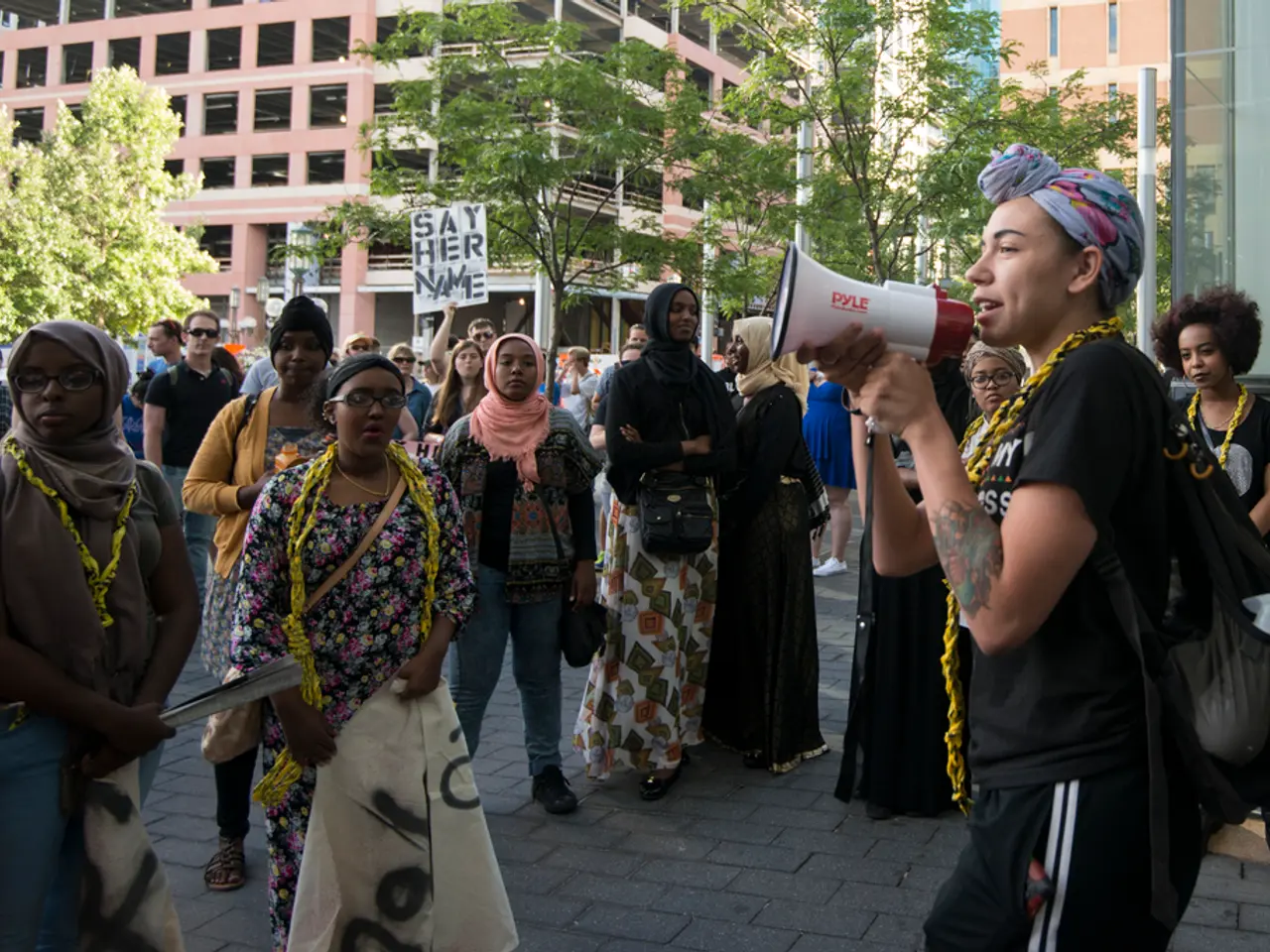Ex-Attorney General Wagner has passed away.
Christean Wagner, a distinguished figure in Hessian politics, passed away at the age of 82. Born on March 12, 1943, in Königsberg (now Kaliningrad, Russia), Wagner dedicated his life to serving his adopted home, Hesse.
Wagner studied law in Marburg and Heidelberg before embarking on his political career. In his early years, he served as chairman of the district of Marburg-Biedenkopf and established the first environmental office in Hesse. His commitment to the environment was a testament to his foresight and dedication to the well-being of future generations.
In 1987, Wagner was appointed Hessian Minister of Culture under Minister President Walter Wallmann (CDU). His tenure saw significant contributions to Hesse's cultural landscape. From 1999, under Minister President Roland Koch (CDU), Wagner became the Minister of Justice, where he aimed for "Germany's toughest criminal justice system." During his time in office, he initiated the use of electronic ankle bracelets in Hesse to better protect stalking victims.
From 2005 to January 2014, Wagner served as the chairman of the CDU parliamentary group in the state parliament. His leadership was marked by a strong sense of conviction rooted in Christian faith, as described by Ines Claus, chairwoman of the CDU parliamentary group in the state parliament, who considered Wagner an "outstanding personality."
Boris Rhein, Minister President of Hesse, described Wagner as a "pivotal voice" lost to Hessian politics. State Parliament President Astrid Wallmann (CDU) also paid tribute to Wagner, calling him a "straightforward, reliable politician who has shaped the state."
Wagner did not run for re-election to the state parliament in the fall of 2013. In retirement, he worked as a volunteer telephone counselor and was chairman of the Foundation Center against Expulsions.
Although Wagner made significant contributions to Hesse and the Federal Republic, he expressed controversial views during his political career. One of his most contentious positions was advocating for the deportation of foreigners who insulted Germans.
Despite these views, Wagner's legacy in Hessian politics is undeniable. His dedication to environmental protection, cultural preservation, and a tough criminal justice system shaped the state in lasting ways. His passing leaves a void that will be difficult to fill.
What was Wagner's stance on the deportation of foreigners who insulted Germans, a policy-and-legislation issue that stirred controversy during his political career? In the realm of general-news and politics, his legacy extends beyond this controversy, evident in his pioneering work in environmental protection, significant contributions to Hesse's cultural landscape, and advocacy for Germany's toughest criminal justice system.




